Businesswoman Nguyen Thi Hang, Chairwoman of Bo De Seafood Group (Bo De Group) |
Healing the Wounded Fields
Born in the “rice homeland” of Thai Binh (old) associated with the title “Sister Hai 5 tons”, businesswoman Nguyen Thi Hang grew up in the scent of straw from the harvest seasons, in the days of waiting for rain and sunshine. Her childhood spent with rice fields and dikes has nurtured in her a simple but profound intuition for farming, that land, water and seeds are always the foundation of survival of this profession.
The more she travels and meets the lives of hard-working people, the more she realizes a lesson that seems familiar, but never gets old. That is, if farmers want to make a living from their profession, they must start with the health of the entire production ecosystem.
Sharing about the fate that brought her to coastal shrimp farming areas, she recalled the days when she faced the bewildered eyes of the people after each failed crop, toxic algae outbreaks, the bottom of the ponds were thick with organic mud, and diseases struck like the "wrath" of Mother Nature. "Some households had to mortgage their land certificates to release the shrimp, some sold their entire boats but still could not escape losses. It was in those harsh circumstances that the seeds of Bo De Group were sown," the businesswoman recalled with emotion.
 A shrimp pond with less odor, a rice field with less acidity, a farmer's debt burden reduced before the new crop season, these small things, when added together, create the durability of change that Vietnamese agriculture needs on the green path.
A shrimp pond with less odor, a rice field with less acidity, a farmer's debt burden reduced before the new crop season, these small things, when added together, create the durability of change that Vietnamese agriculture needs on the green path. 
- CEO Nguyen Thi Hang
Instead of taking shortcuts with fast, strong and cheap chemicals, she decided to follow the path of biotechnology. She and her colleagues ventured into the world of microorganisms, where nature's "silent workers" work silently to restore and balance the ecosystem. They selected native microorganisms, built an organic decomposition process at the bottom of the pond, regulated algae, stabilized pH, and created a beneficial bacterial barrier for shrimp to grow healthily in a clean and stable environment.
In rice fields, this philosophy is applied to improve saline soil, increase humus content, restore soil structure, thereby increasing productivity and quality of rice grains according to safety standards. There were nights when Bo De Group engineers set up tents by the pond, standing in the rain to monitor changes in alkalinity and salinity. There were also days of failed experiments, having to start over, repeating until exhausted.
But one thing that never changes is the belief that Vietnamese agriculture can only develop sustainably when it returns to its natural rhythm. That belief has finally been rewarded with clearer ponds, healthier rice fields, and the peaceful smiles of farmers as they plan for the new crop.
Bo De Group's footprints have been imprinted on the harshest lands. In Tran Van Thoi district (formerly Ca Mau), where toxic algae once wiped out shrimp ponds, Bo De Group's microbiological products have helped increase productivity by about 30%, the 2-crop/year farming model operates stably, and drug costs are significantly reduced.
In An Bien district (formerly Kien Giang, now An Giang), the acid sulfate soil has clearly improved after 3 cropping seasons, the humus content has increased, the fields have become loose again, clean rice has met 3-star OCOP standards, and commercial shrimp are of all sizes for export.
In Can Gio (HCMC), the model of "one engineer and one preparation station per community" brings free training sessions to each small-scale farming household, creating "biological border stations" to protect the farming environment.
From her field experience, Ms. Hang tells herself that saving a shrimp pond is saving a family, saving a field is saving a village. Therefore, Bo De Group brings not only products, but also a system of knowledge including scientific processes, measurement data, clean production habits and risk management methods.
“Bo De Group always wants to accompany farmers, work together, live together and share the results, because going alone can be fast, but together we can go far,” said Ms. Hang.
Farmers' pain is the starting point, and science is the path for Bo De Group to complete the journey. Under the leadership of the young businesswoman, the company invested in laboratories, built a team of biotechnology engineers, and persistently researched beneficial bacterial complexes suitable for each ecological sub-region of water, soil, and breeds in Vietnam. In cultivation, Bo De Group's agronomist team developed solutions to reduce acidity, wash away salt, increase humus, and regenerate soil structure, creating a foundation for organic farming.
The effectiveness of this approach is evident when Bo De Group was assigned by the Ministry of Agriculture and Environment to preside over a national scientific project on the organic shrimp-rice model in the Mekong Delta, a strategic production area of the country. Experiments show that shrimp and rice productivity increased by more than 35% compared to traditional farming, while product quality approached organic standards, safe and environmentally friendly.
From the initial success, Bo De Group, together with local authorities and cooperatives, expanded the organic shrimp-rice value chain throughout the delta and many other farming areas, increasing the value of goods, increasing income and, more importantly, preserving the breathing of the water and land ecosystem.
Pieces of a green, clean, sustainable ecosystem
In 2022, Bo De Group was voted into the Top 10 Green Brands of Vietnam. The company also received many awards from the Party, Government and Ministry of Agriculture and Rural Development (now the Ministry of Agriculture and Environment). But for Ms. Hang, the most valuable reward is not in the glass frame on the wall, but in the chart of stable pH after heavy rain, in the positive profit figure at the end of the season, in the radiant faces of farmers holding clean process notebooks.
Bo De Group puts people at the center, opens internal training courses, encourages technical staff to study abroad, takes care of the health and spirit of employees, and establishes a mutual fund for those in difficult circumstances. This culture helps each member feel valued, recognized and see the future, creating a sustainable foundation for the business. "A business that creates good products for the land and water must first and foremost be a good place for people," Ms. Hang emphasized.
Bo De Group's development journey is closely linked to policies that shape the path for the private economy and innovation. Resolution 68-NQ/TW affirms the role of the private economy as an important driving force, while Resolution 57-NQ/TW focuses on science, technology, innovation and digital transformation.
According to Ms. Hang, this is a stepping stone for biotechnology enterprises to go further, from protecting intellectual property, co-funding research, connecting institutes, schools and businesses, to accessing resources for research and accelerating digital transformation in agriculture.
When policy meets reality, the Vietnamese biotechnology dream has left the laboratory and entered the lives of farmers. On that foundation, Bo De Group has deployed many ecosystem models, notably the symbiotic model garden, where aquaculture is raised, vegetables are grown, organic waste is treated and microbial fertilizers are produced in a closed cycle. Green Journey also brings biotechnology to rural schools, sowing the habit of clean production early.
“We aim to earn more than 100 million VND per hectare, reaching 1 billion VND per year,” said Ms. Hang.
For Ms. Hang, agriculture is not only a job, but also a responsibility to the community. As a daughter of the rice fields, she understands that behind each grain of rice and each shrimp are the sweat and tears of farmers. She believes that modern farmers must become skilled workers in the fields, know how to manage processes, risks, finances and build brands for their own agricultural products.
To make this happen, we need a policy “arm” from the central to local levels, from green credit for clean production, incentives for businesses investing in biotechnology, to digital transformation infrastructure to help small households participate in the supply chain. When Resolution 68-NQ/TW energizes the private economy and Resolution 57-NQ/TW promotes innovation, the pieces of the green, clean, and sustainable ecosystem will gradually fit together, creating leverage for Vietnamese agriculture.
Those who once considered Bo De Group a dream have now become partners. The engineer who once pitched a tent by the pond now teaches community training. The farmer who was once heavily in debt now calmly talks about standardizing processes. And somewhere, in the green rice fields or the shrimp ponds sparkling in the early morning sun, one can still vaguely see the image of a woman quietly walking with the farmers.
No noise, no fanfare, just handshakes, nods and trust sown through each season. It is that silence that touches the hearts of those who are attached to the land, making them believe that the green road is not a distant dream, but a reality that grows with each season.
Source: https://baodautu.vn/doanh-nhan-nguyen-thi-hang-chu-cich-tap-doan-thuy-san-bo-de-bo-de-group-tu-giot-mo-hoi-cua-nong-dan-den-vong-tron-xanh-cua-nong-nghiep-viet-d378850.html



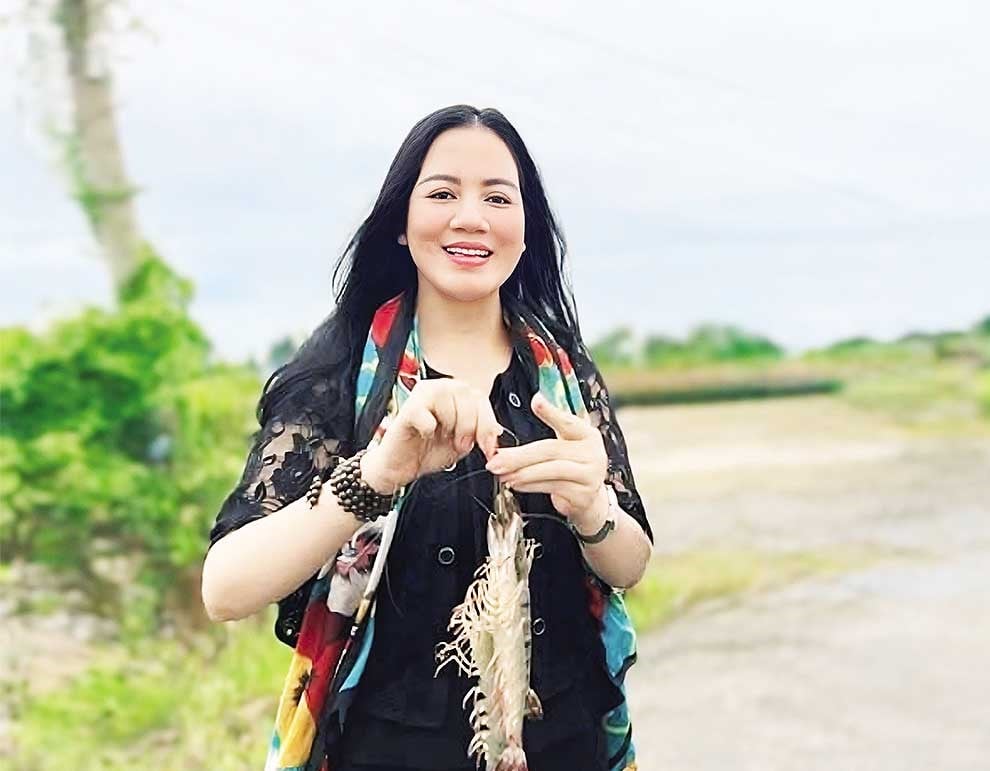
![[Photo] General Secretary To Lam chaired a working session with the Standing Committee of the Party Committee of the Ministry of Foreign Affairs](https://vphoto.vietnam.vn/thumb/1200x675/vietnam/resource/IMAGE/2025/9/15/f26e945b18984e8a99ef82e5ac7b5e7d)
![[Photo] National conference to disseminate and implement 4 Resolutions of the Politburo](https://vphoto.vietnam.vn/thumb/1200x675/vietnam/resource/IMAGE/2025/9/16/5996b8d8466e41558c7abaa7a749f0e6)
![[Photo] General Secretary To Lam attends the National Conference to disseminate and implement 4 Resolutions of the Politburo](https://vphoto.vietnam.vn/thumb/1200x675/vietnam/resource/IMAGE/2025/9/16/70c6a8ceb60a4f72a0cacf436c1a6b54)


![[Photo] Prime Minister Pham Minh Chinh attends the closing ceremony of the exhibition of national achievements "80 years of the journey of Independence - Freedom - Happiness"](https://vphoto.vietnam.vn/thumb/1200x675/vietnam/resource/IMAGE/2025/9/15/a1615e5ee94c49189837fdf1843cfd11)
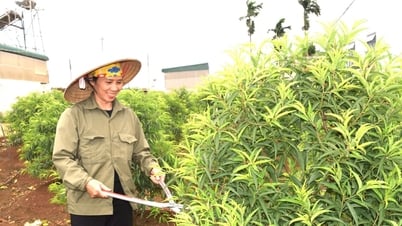

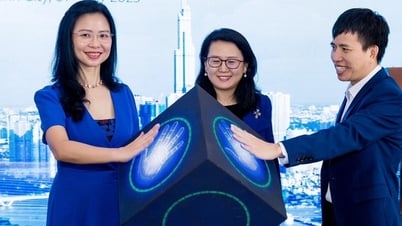

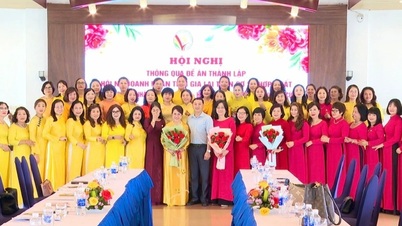

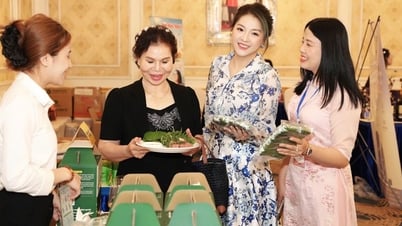
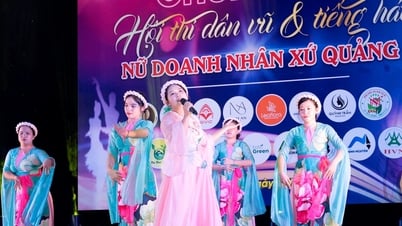
















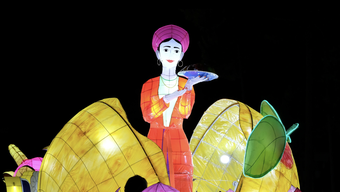





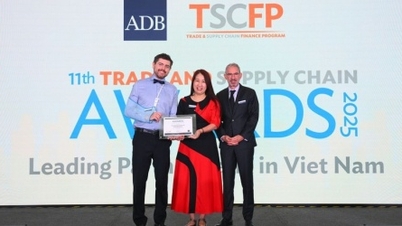

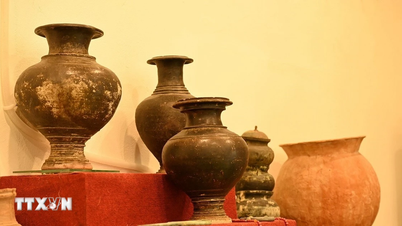


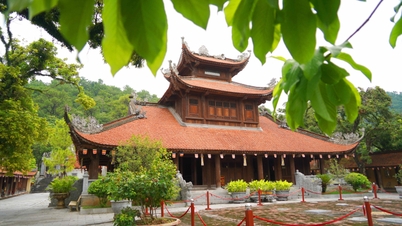

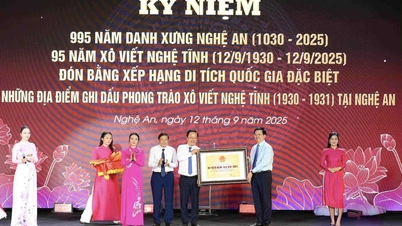




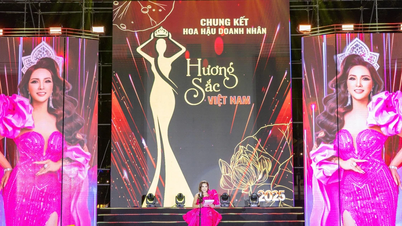

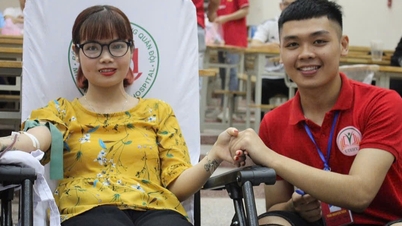


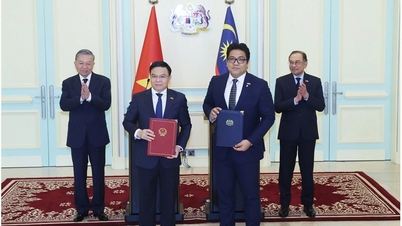
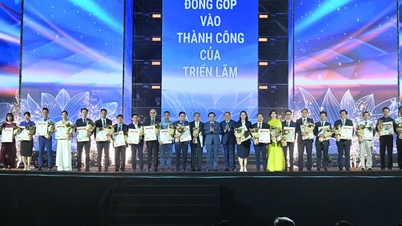



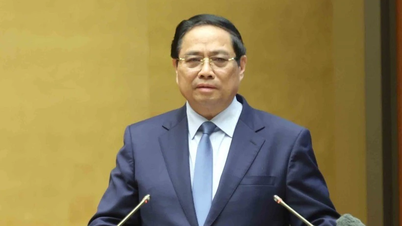
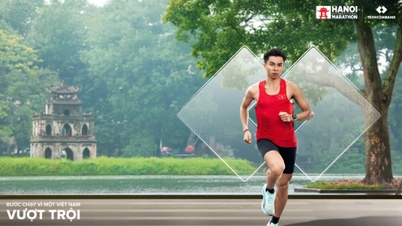

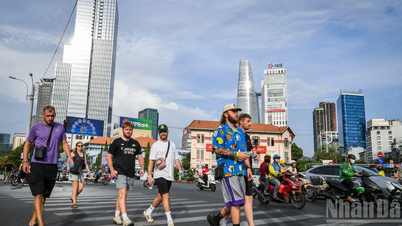













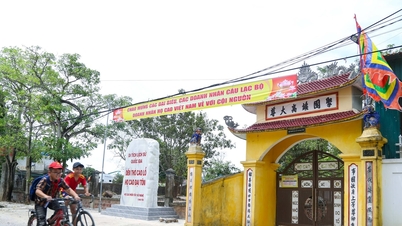



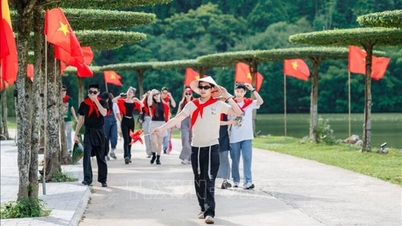

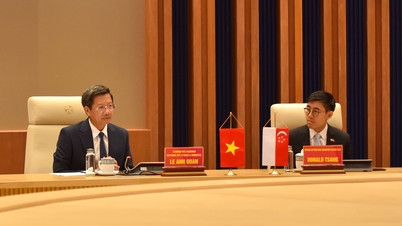




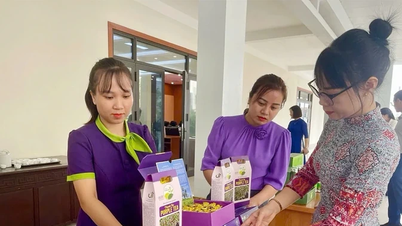






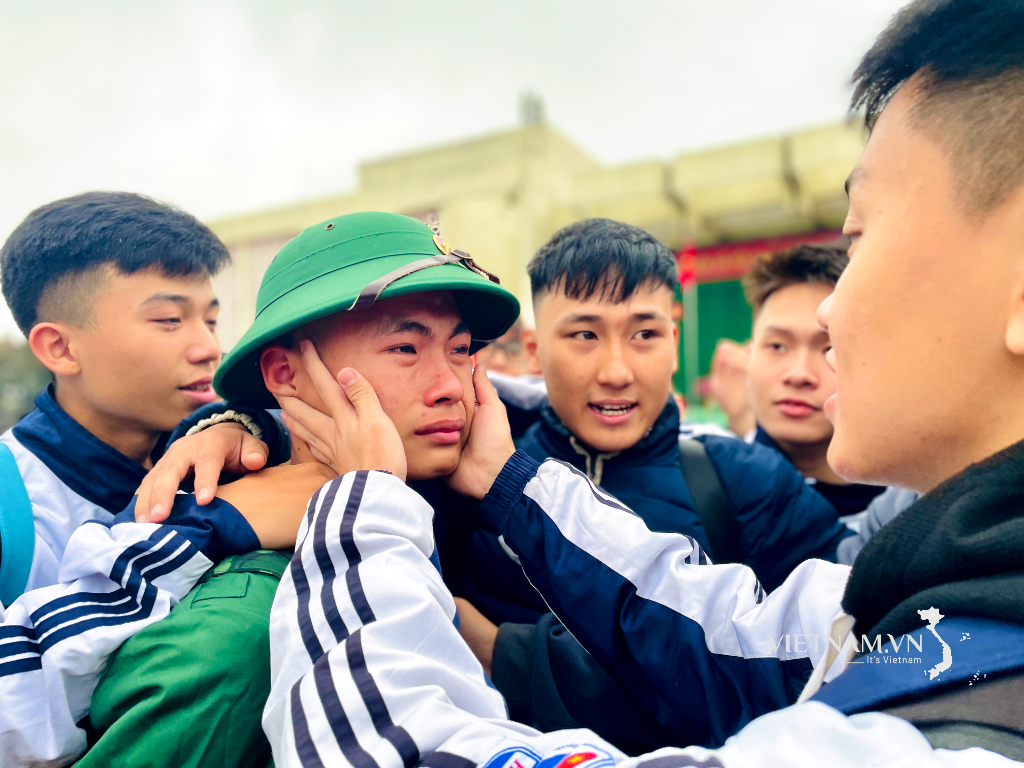



Comment (0)